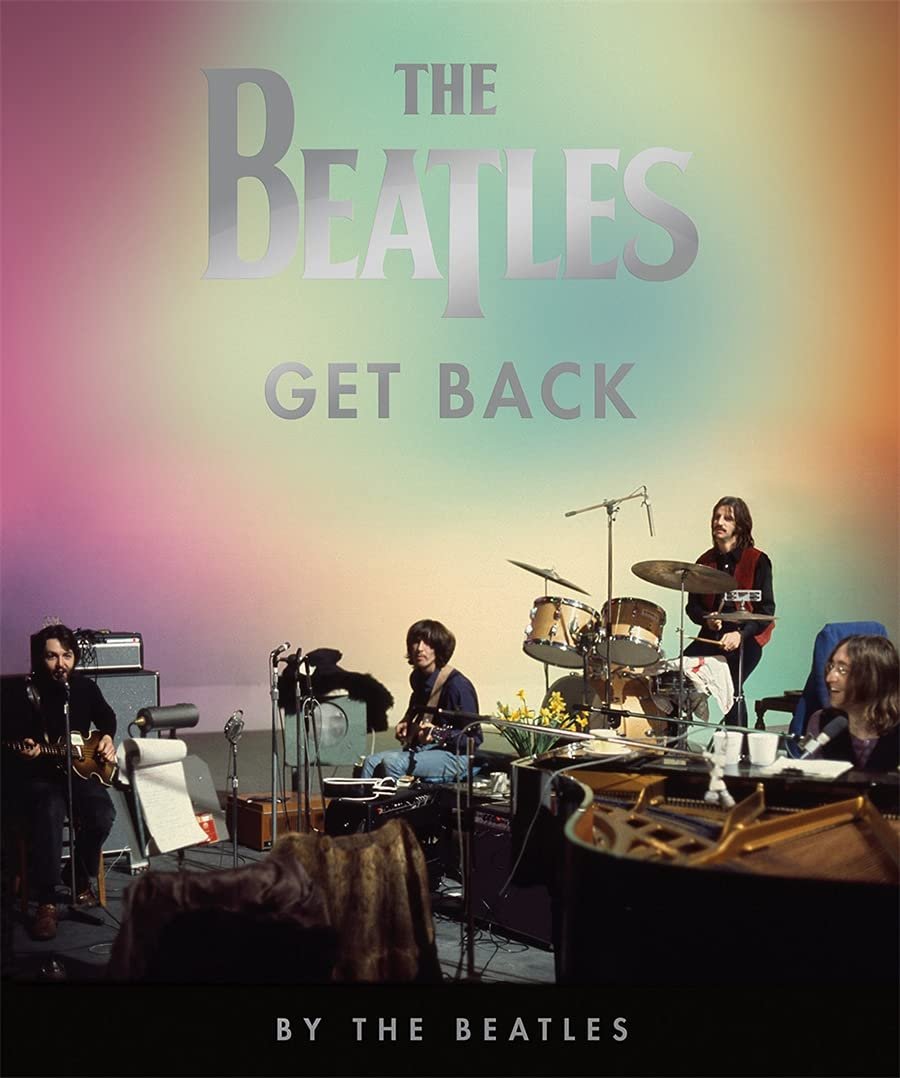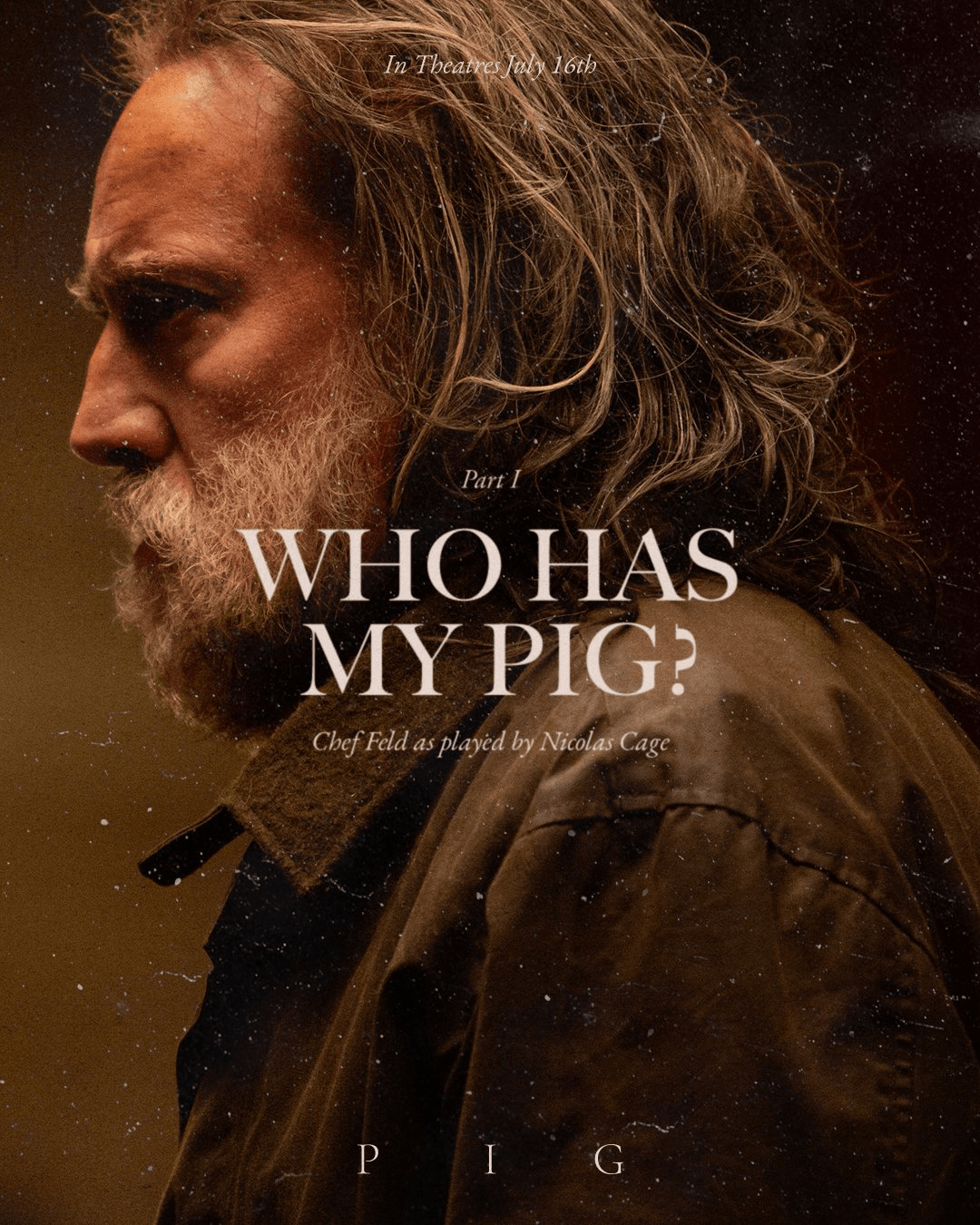I have been listlessly following the unfolding Ravi Zacharias predatory sexting controversy. I wish I was surprised by the deceptive, manipulative, and destructive side of yet another “Christian Celebrity” being laid bare for all to see.
But none of that mess is actually what I want to talk about today. Instead, while reading through this sordid saga (by the way, if you’re not following this story, it appears that renowned “Christian Apologist” Ravi Zacharias groomed a young woman for sexual predation via phone calls and texts), I found myself talking out loud to myself about one particular phrase. As the story unfolds, the woman upon Zacharias appears to have preyed involves her counselors. In the course of this narrative we find the following section:
“According to the Basels, in the month following the traumatic revelation of the affair, the Thompsons, especially Brad, offered Zacharias “premature forgiveness.” The Basels said both Brad and Lori Anne had not yet worked through the stages of grief and were stuck in a form of denial.”
“Brad and Lori Anne have not yet worked through the stages of grief and were stuck in a form of denial.”
I haven’t stopped thinking about this phrase since I first read the piece. It struck a deep chord that often comes up in my daily work as a Bereavement Counselor.
The Basels are the aforementioned counselors. I do not want to disparage anyone or question the work of other professionals and I hope that comes across. I am not criticizing their work or their approach and it certainly seems to have helped the people involved. But I did find myself responding out loud to that section: “Brad and Lori Anne have not yet worked through the stages of grief and were stuck in a form of denial.”
I hope I’ve built up the suspense enough that you want to know what I said to myself. I said: “That’s because the “stages of grief” weren’t meant for a situation like this. NO, they’re not in denial. They both admit what happened. They just don’t want to accept it. But that’s different from denial.”
As you might discern, this outburst was simply an internal dialogue given external voice. This is something I’ve thought a lot about. I have people ask me all the time about the stages of grief.
These questions are referencing the important and ground-breaking work of Elisabeth Kübler-Ross. She spent hours and hours with dying people. Over the course of listening to these people, Dr. Kübler-Ross developed what have become known as the “5 Stages of Grief.” You’ve probably heard of them:
Denial
Anger
Bargaining
Depression
Acceptance
Grievers reference these ideas all the time as if they are steps which we must complete in order to be “healed” from grief. One problem with this idea is that we do not heal from grief the same way we heal from other things. But another is that Dr. Kübler-Ross’ was not based upon nor intended for grievers. Instead, her work was based on her years spent with dying people. She developed these “stages of grief” (grief is the natural reaction to any significant loss or change and may include conflicting emotions) as a way to understand the process that many (NOT ALL) people went through after they had received a terminal diagnosis.
Her work was not based upon nor intended to help grievers; the bereaved; those experiencing significant loss or change. But, for many years, there was no evidence-based research on how to help grievers, so with an honest desire to help others, many people applied Kübler-Ross’, not to the one dying but the ones left behind grieving. And this approach has helped a great number of people. But that doesn’t mean that this is the best use of these principles or that there aren’t better ways to process grief.
I hope all that helps you better understand why I didn’t control my inner dialogue when I read those words: “Brad and Lori Anne have not yet worked through the stages of grief and were stuck in a form of denial.”
Of course I was not privileged to these private conversations, but I have had enough conversations with enough people in similar situations that I am willing to go on the record saying that I really doubt they were in denial. They knew what happened. That’s why they were in counseling in the first place. They just hated it. They didn’t want to accept it (which you have to do to move on in emotionally healthy ways), but none of this is what Kübler-Ross meant in her “denial” stage.
Kübler-Ross observed that many people who had received a terminal diagnosis actually wrested with believing this reality. Not just believing it; many people actively denied it. They pursued 3rd, 4rth, 5th opinions. They ranted about how doctors didn’t know anything and this Google article says that everyone is wrong. They rejected the truth in front of them. This is not the same thing as a broken couple grappling with the shards of infidelity. As I observed; they are in counseling (this particular couple) precisely because they are hurt by what happened. They don’t want it to be true, but this is not the same thing as actively denying that it happened.
As grief and bereavement work has continued, we have learned to appreciate and value Kübler-Ross’ work while also understanding that we have tried to apply it in ways never intended. This is our fault, not hers. We are all growing and learning and (hopefully) getting better. This means admitting when we’ve misunderstood or misapplied theories.
I know you’re not supposed to draw attention to a problem without also bringing a solution, but I didn’t really set out to explain what we might use instead of “The Five Stages of Grief” and that would make this post too long anyways (but if you’re really interested, may I highly recommend looking in to something like the Grief Recovery Method). This was more the type of post where I just had to say out loud the rest of the internal monologue and explain why I (and most Bereavement Counselors I know) no longer use these “Stages” to help grievers. Perhaps I’ll write about the other side of this conversation later, but in the meantime, I hope you at least understand my perspective.














